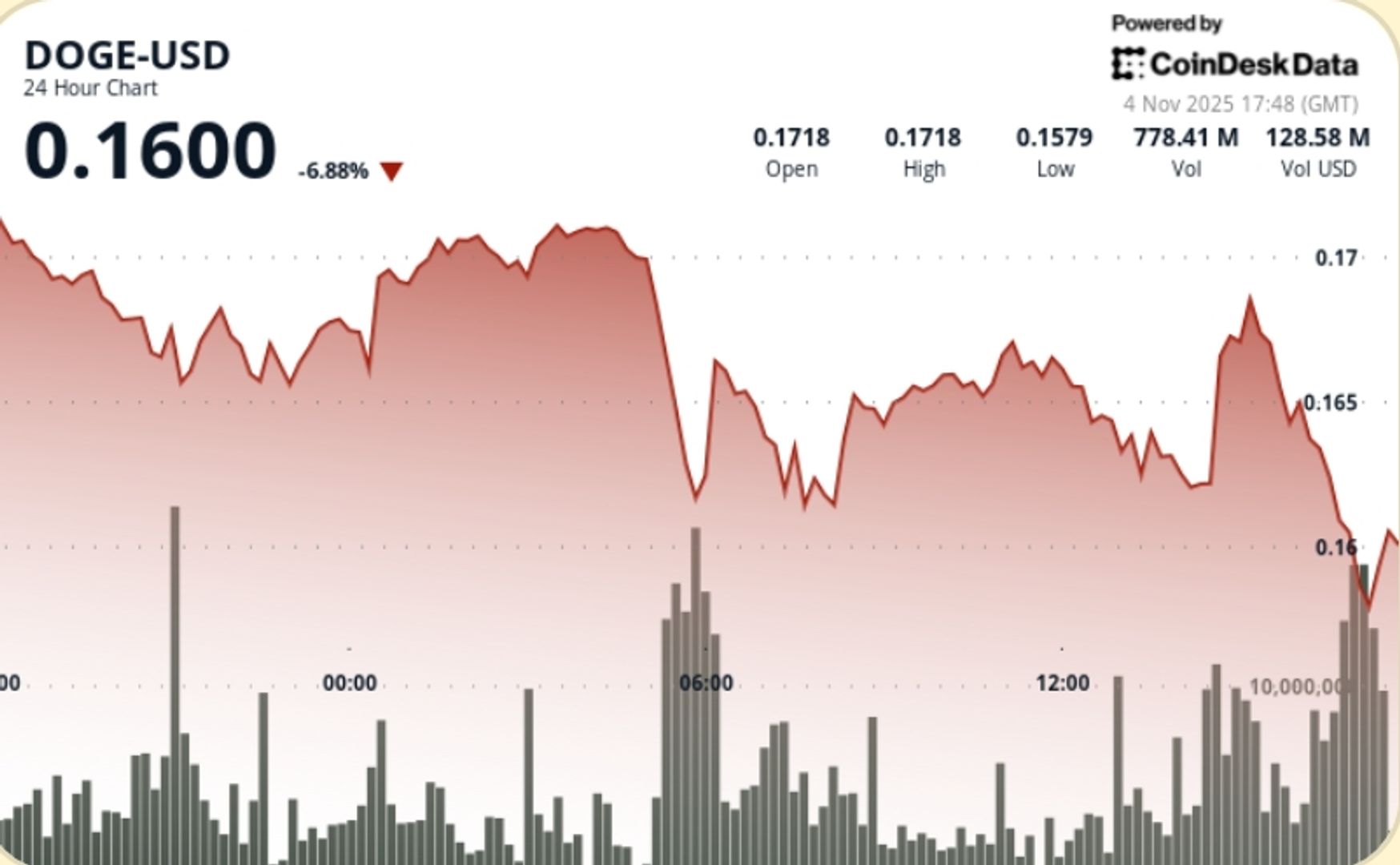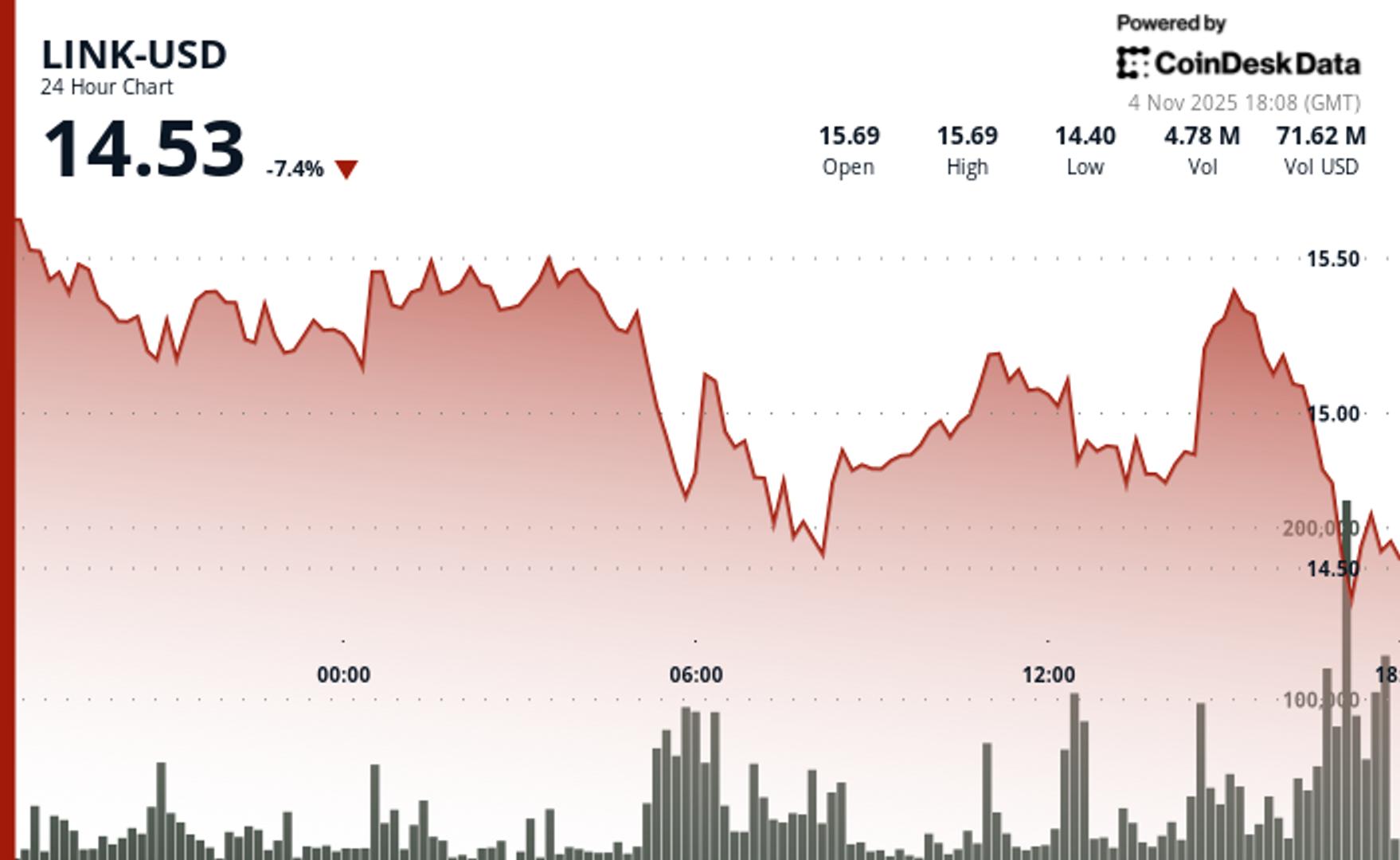Google’s export request for South Korea’s map data has continued to be put on hold by the South Korean government for various reasons since 2007.
South Korea has once again delayed its decision on whether or not Google can export high-resolution map data for its navigation system.
Google is seeking approval to export South Korea’s 1:5,000-scale map data, a highly detailed format equivalent to 50 meters per centimeter, which the company says is necessary for accurate and reliable navigation.
Seoul continues to delay its decision on Google’s request
On Tuesday, South Korea’s Ministry of Land, Infrastructure and Transport said that it has postponed its decision on Google’s request to export detailed South Korean map data for use on servers outside the country.
The ministry announced that its National Geographic Information Institute (NGII) would give Google 60 business days, which is until February 5, 2026, to provide additional documents before a final decision is made.
South Korea had previously rejected Google’s export requests in 2007 and 2016, citing national security concerns. Under local law, companies that handle map data showing sensitive facilities must store such information within the country’s borders unless they obtain government approval.
A ministry statement said the current review was being slowed down by “inconsistencies” between Google’s earlier statements and its latest submission. Officials said the firm’s application wasn’t updated and didn’t show the company’s new commitments made earlier this year regarding the handling of South Korean geographic information.
South Korea’s security concerns
South Korea’s hesitance is due to the national security risks the country could face if sensitive locations are revealed. Authorities worry that allowing detailed geographic data to be stored on overseas servers would make it harder to control access or ensure compliance with local restrictions.
In September, Google said it would comply with South Korea’s security-related demands, which include ensuring that coordinate information for areas inside the country would not be shown to users, whether they are inside or outside South Korea.
The company also agreed to blur images of key security facilities, such as military bases and government buildings. This information, according to the ministry, is what Google failed to update on its application.
The ministry said this gap was complicating the review process, as the company’s public statements and official filings “do not fully align.”
Currently, Google’s South Korean maps use 1:25,000-scale data, which offers less detail on roads, landmarks, and terrain. The company says this limitation reduces the quality of its navigation services, making them appear less effective than local competitors’.
Local tech firms like Kakao Corp and Naver Corp already provide map services using the 1:5,000 scale data, but they are required to store the data within South Korea.
Sign up to Bybit and start trading with $30,050 in welcome gifts
















 English (US)
English (US)